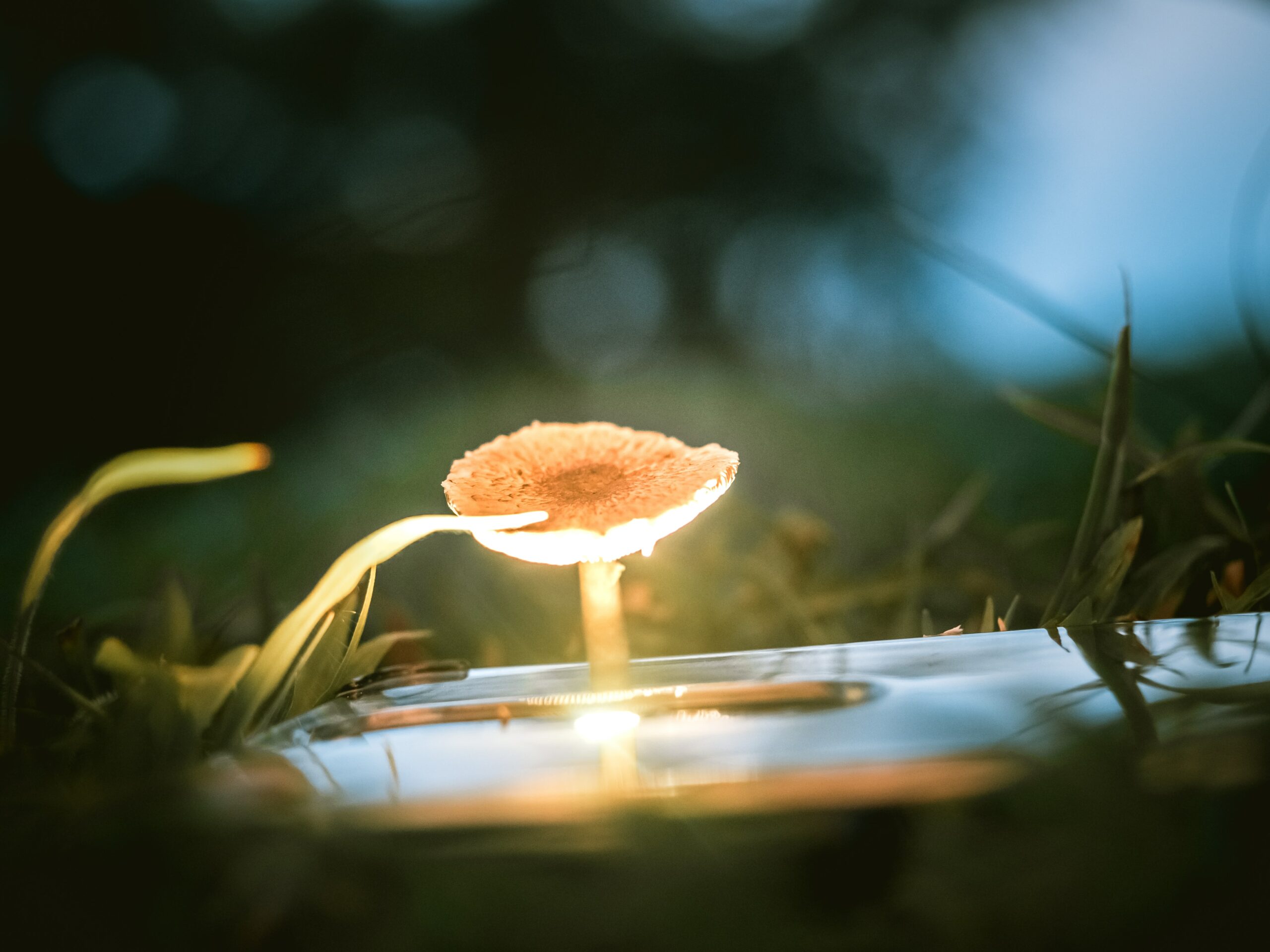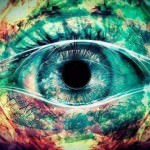What Are Psychedelic Mushrooms?
Psychedelic mushrooms are varieties of mushrooms that contain hallucinogenic compounds psilocybin and psilocin. Psychedelic mushrooms can either be cultivated or gathered in the wild. When consumed through a process known as “shrooming,” these fungi produce a vivid, psychedelic trip with effects similar to those of LSD—but with a shorter duration and largely visual effects. Depicted in cave paintings around the world—some dating back almost 10,000 years—psychedelic mushrooms are one of the oldest known drugs used by humans.
What Do Psychedelic Mushrooms Look Like?
The term “magic mushrooms” refers to mushrooms that contain the hallucinogenic chemical psilocybin, which creates visual and/or aural hallucinations. People can get high by eating magic mushrooms or brewing them in tea, but the DEA classifies them as a Schedule I drug since they have no genuine medicinal use in the United States.
There are around 40 different species of hallucinogenic mushrooms, with the majority of them being found in the states of southwest America and Mexico. Although they were once utilized for spiritual ceremonies and therapeutic purposes, they are now extensively abused for their hallucinogenic effects, along with other hallucinogen substances such as LSD and ecstasy. They’re also regularly mistreated during music festivals.
Magic mushrooms can provide a powerful user experience with immediate and long-lasting effects. The euphoric effects of mushrooms are felt by the majority of users after 30 minutes of consumption, and the effects linger for around six hours. Some individuals, however, may have negative effects for days after eating the mushrooms.
Are Psychedelic Mushrooms Legal?
Psychedelic mushrooms are not legal in the United States and are considered a Schedule I drug.
Magic mushrooms are not commonly regarded as addictive because the body quickly builds a tolerance to them, causing their effects to deteriorate unless the user abstains from consuming them for a period of time.
Despite the fact that psilocybin is not considered addictive or habit-forming, it has the potential to develop psychological addiction. Following the consumption of magic mushrooms, some users may undergo a period of psychological withdrawal, during which they may have difficulty recognizing what is real and what is not.
What Are the Risks of Using Magic Mushrooms?
If a person abuses magic mushrooms, they will encounter some negative consequences. The following are some of the most common side effects of using magic mushrooms:
- Enhanced senses
- Floating sensations
- Visual and aural hallucinations
- Reduced inhibitions
- Time and reality perceptions altered
- Euphoria
- Mental “enlightenment”
- Distorted sights, sounds, or images
- Mood swings
Many people abuse magic mushrooms because of the euphoric feelings, increased perceptions, and vivid hallucinations they produce, but there are also a number of harmful side effects. These may include the following:
• Nausea
• Anxiety
• Heart rate has increased.
• Blood pressure has risen.
• Chills
• Paranoia
• Insomnia
• Sweating excessively
• Weakness
• Coordination issues
• Spasms of the muscles
• Numbness
• Mouth is parched
• Psychosis
When taken in large doses, magic mushrooms can induce the following side effects:
• Depression
• Suicidal ideation
• Persistent hallucinogen perception disorder (HPPD)
• Panic\sFlashbacks
• Overdose
Non-12-Step Addiction Rehab at Passages
Passages Malibu is an alternative to traditional rehab that provides a holistic, client-centered approach to addiction treatment. Find lasting healing through our model of care and experiential therapies. You will uncover the root causes of your addiction, and we will provide you with tools for lifelong sobriety and change. We can help you turn your life around and find hope again. Call 888–438–0596 today for more information.


